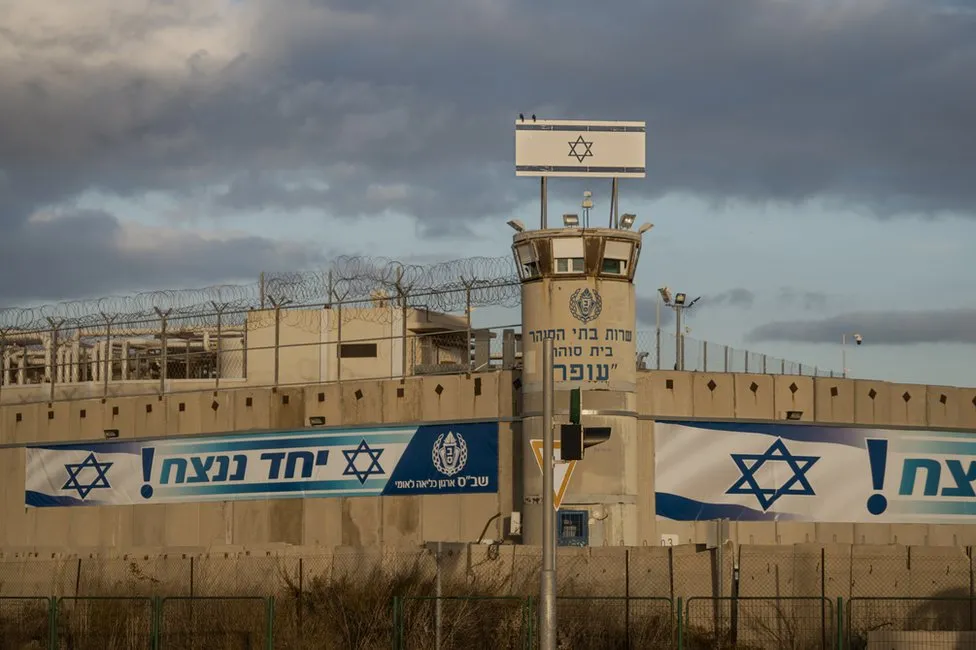Introduction
Administrative detention is a highly controversial practice employed by the Israeli government, which allows for the indefinite detention of individuals without trial or formal charges. This article delves into the key aspects of administrative detention in Israel, shedding light on its implications and the concerns it raises.
The Lack of Transparency
One of the most troubling aspects of administrative detention is the lack of transparency surrounding the process. Administrative detainees are almost never informed of the specific crimes they are accused of committing. Unlike in criminal cases where the accused can address the charges brought against them, administrative detainees have no way of defending themselves as the evidence against them is kept secret.
Focus on Future Potential Threats
Unlike in criminal cases, where the focus is on past crimes committed, administrative detention revolves around the potential threats an individual may pose in the future. This preventive approach allows authorities to detain individuals based on suspicions rather than concrete evidence of criminal activity. While international law permits administrative detentions in rare and exceptional circumstances, the sheer number of Palestinians subjected to administrative detention in recent weeks raises concerns about its misuse.
The Case of Khader Adnan
An example that highlights the controversial nature of administrative detention is the case of Khader Adnan. Adnan, a Palestinian activist, was detained by Israeli authorities in 2023 and held under administrative detention for over a year without trial or formal charges. His case gained international attention and sparked widespread condemnation of Israel’s treatment of Palestinian prisoners.
Amnesty International documented Adnan’s deteriorating health during his hunger strike, which he initiated to protest his unjust detention. The organization’s report shed light on the harsh conditions faced by Palestinian prisoners in Israeli detention facilities, further fueling the debate surrounding administrative detention.
Adnan’s case serves as a stark reminder of the human rights concerns associated with administrative detention and the need for greater transparency and accountability in the process.
The Impact on Palestinian Society
The widespread use of administrative detention in Israel has had a significant impact on Palestinian society. With over 2,800 Palestinians currently held under administrative detention since October 7th, the practice has become distressingly common. Families are torn apart, communities are disrupted, and individuals face prolonged periods of uncertainty and psychological distress.
Furthermore, the lack of due process and the arbitrary nature of administrative detention undermine the principles of justice and the rule of law. Palestinians living under the constant threat of being detained without trial or formal charges experience a profound erosion of trust in the legal system.
International Concerns
The Israeli government’s use of administrative detention has drawn criticism from numerous international human rights organizations and legal experts. They argue that the practice violates fundamental principles of human rights, including the right to a fair trial and the presumption of innocence until proven guilty.
While international law does allow for administrative detentions in exceptional circumstances, the broad application of this practice in Israel raises questions about its compliance with international standards. Calls for reform and increased oversight of administrative detention have been made by organizations such as Amnesty International, Human Rights Watch, and the United Nations.
Conclusion
Israel’s administrative detention policy remains a deeply contentious issue, with concerns raised about its lack of transparency, potential for abuse, and impact on Palestinian society. The case of Khader Adnan serves as a powerful reminder of the human rights implications associated with this practice.
Efforts to address these concerns and find alternative approaches that respect human rights while ensuring security are crucial. Balancing the need for security with the protection of individual rights is a delicate task, but one that is essential for upholding the principles of justice and promoting a peaceful resolution to the Israeli-Palestinian conflict.
